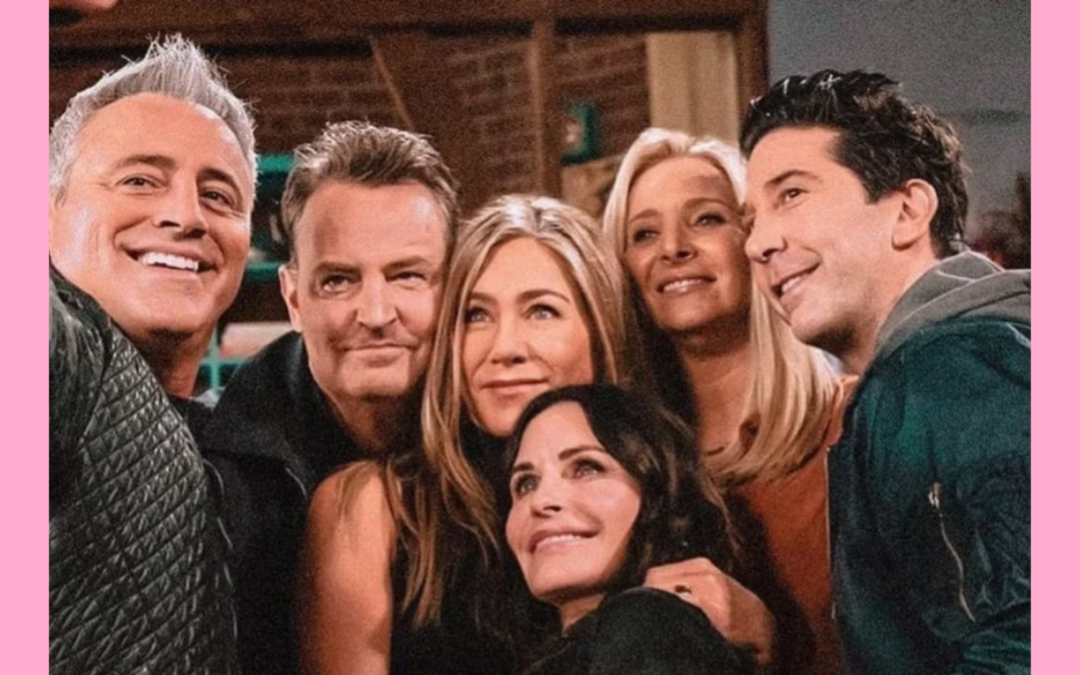When someone grows up knowing only what it’s like to have sisters or only brothers, it seems inevitable that influences your adult relationships. But how does the gender of your sibling change your outlook on gender norms, expectations of romantic partners and attitudes to conflict?
Growing up I remember constantly complaining about not having a sister. It wasn’t until I probably started secondary school that the frequent nagging to my mum finally stopped. I idealised and fixated on the idea of also having a sister. To me it meant, someone to share clothes with, get boy advice from or someone else to learn self-care hacks of. I can only laugh looking back at how ridiculous it was, 11-year-old me insisting my mum birth another child because somehow I thought a sister would solve all my issues.
Now at 22, I can appreciate and recognise all the reasons I love having a brother. It’s taught me so many things that without having one I wouldn’t have grown-up absorbing. Equally, I’m sure for those who have only ever had sisters, gain lessons from that relationship that aren’t offered from brothers. Theirs pros and cons to both, and it’s an interesting question to pose how these informative relationships with the people arguably closest to us, affect our expectations we take into our dating life as adults.
Rachel New, relationship coach, says, “For a heterosexual woman, growing up with only a brother, it may allow her to interpret different behaviours that are traditionally seen as masculine, such as risk-taking, competitiveness and teasing. She may not see men as so “other” or feel threatened or bewildered by them.”
Despite growing up with only a brother, that didn’t mean I miraculously had some sort of special insight into how men work that my friends without brothers didn’t have. But, I did find there were small things I’d understand, that my friends with sisters would overthink or question.
Living with a boy all my life, I saw first hand how he functioned and went about his daily activities that was very different to how I went about mine. I think it gave me an honest insight into how boys can work when it came to the small mundane stuff. Maybe in ways this prepared me to spend a lot of my time / live with a boy. All men live very differently I’m sure, so living with one boy doesn’t instantly make me prepared to live with the whole male species. But, their is something to be said that without this I would’ve gone through most of my life only witnessing the opposite sex at school, which isn’t giving a very authentic or accurate representation of how they really behave in their natural state.
“I grew up with two sisters and was the middle child.” says 26-year-old Georgia. “I think there is a big difference in how I face conflict with my sisters, compared to how I resolve and face conflict with my boyfriend. I remember with my sisters we would hurl the most outrageous abuse at each other. We would think of the most hurtful and harsh comments to say to each other. Yet ten minutes later I’d be going in one of their rooms asking to borrow a top or show a funny TikTok I’d seen.
“Over time I’ve learnt how the way I have grown up arguing, needs to be changed with my boyfriend. I’ve noticed growing up how differently boys deal with confrontation. I know not all boys react the same way, but from my experience my boyfriend was less reactive and then more stubborn at holding on to comments after we had an argument. I’ve tried to change those habits and be less reactive. I think he grew up with only brothers too, so I know he was shell shocked the first time he heard how me and my sisters can talk to each other.”
Rachel says, “Traditionally, men are more likely to take longer than women to recover physiologically than men from the arousal that comes from arguing. They may need longer to recover from an argument and take longer to return. Observing this in your brothers may cause you to think this is normal, which could help if your male partner then does the same.”
There are a lot of stereotypes being made about gender’s behaviour here, but research does show that you can commonly find similarities in behavioural traits dependant on gender. So, as a straight woman who has grown up with four brothers all her life and witnessed their habits and tendencies, it may be easier to adjust to knowing how to communicate in that relationship and better understand a man. For a woman who has grown up with two sisters may struggle to navigate this as quickly.
“Women generally get a lot more practice at social interaction than men,” says Rachel. “Which means they feel more confident about having difficult conversations about emotions, needs or relationship issues. They have a wider vocabulary and choice of wording to get such conversations started.”
My younger brother has given me alot of valuable traits that without growing up with him I wouldn’t have had. I think he plays a big part in why I have a more sarcastic and teasing sense of humour, I can never sit still for too long which I’m sure comes from the years of being dragged into the garden to play some random sport every 5 minutes, he also made me care less about my appearance because he never prioritised his. I can imagine growing up with sisters who may be more open about discussing their own insecurities a lot and comparing themselves with each other can encourage more attention to be on appearances.
Studies show women have more emotional intelligence, agreeableness whereas men are more inclined to have more abstract communication skills. I know I can be quite guarded. Being emotionally vulnerable is something I usually avoid where I can and I think having no sisters will have made these characteristics more prevalent. Not growing up with girls who may’ve naturally felt more comfortable having emotional and open conversations will have probably helped me feel more able to be in tune with my emotions in adult relationships.
Now going into relationships as someone who generally struggles to be open and emotional, it does mean I have found myself in stunted situations because both people in the situation struggle to be expressive or honest about their feelings naturally. It seems like usually in heterosexual relationships, it is the girl who is more often able to initiate these conversations. Maybe even the boys who have grown up with sisters have the ability to then feel more comfortable with those discussions within a relationship.
Although women who grow up only having sisters may not have as much experience witnessing and understanding boy’s behaviour, there is something to be said about what girls can gain from only having sisters that they take into your relationship.
“I’ve observed a difference in when children develop to teenagers, particular in single-sex schools.” Says Rachel. “When they need to protect themselves from social shame, embarrassment or being ostracised, boys will insult each other or be dismissive. Whereas, girls tend to put themselves down to admit to embarrassment.”
I grew up learning fairly quickly when my brother had been embarrassed by something even when he refused to admit it. I could tell by the sharp tone of voice, or him being rude that actually his feelings had been hurt. I think if someone I was with was now I’ve learnt how to judge that a lot of the time it’s actually because they feel upset and to not take the rude or abrupt attitude at face value.
I have a close friend with only sisters and I’ve noticed she was very quick to not give sympathy to boys in school when they would lash out when hey’d clearly been embarrassed by something. To begin with I used to think it was out of lack of empathy but in hindsight it was probably just out of growing up with girls who show they emotions in a more emotive and vulnerable manner which was easier to sympathise for.
Regardless if you’ve grown up with only boys or girls, of course you can’t generalise all genders and group them together as all having the same traits and habits. One person’s brother could show you completely different things to another person’s brother. But it can’t ignored that the relationship we have with our siblings are one of the most important relationships we form and are heavily influencing how we behave as adults. I think what you are exposed to in those formative years can play a big role in influencing are expectations of gender in relationships when you’re older.
Expert insight: Rachel New
Rachel is a relationships coach, with a background in social psychology at The University of Oxford. She is a qualified teacher of psychology who works to encourage mindful, ethical and authentic dating. She has an evidence-based approach and has been working as a coach for eight years. She uses scientific research to inform her advice.




